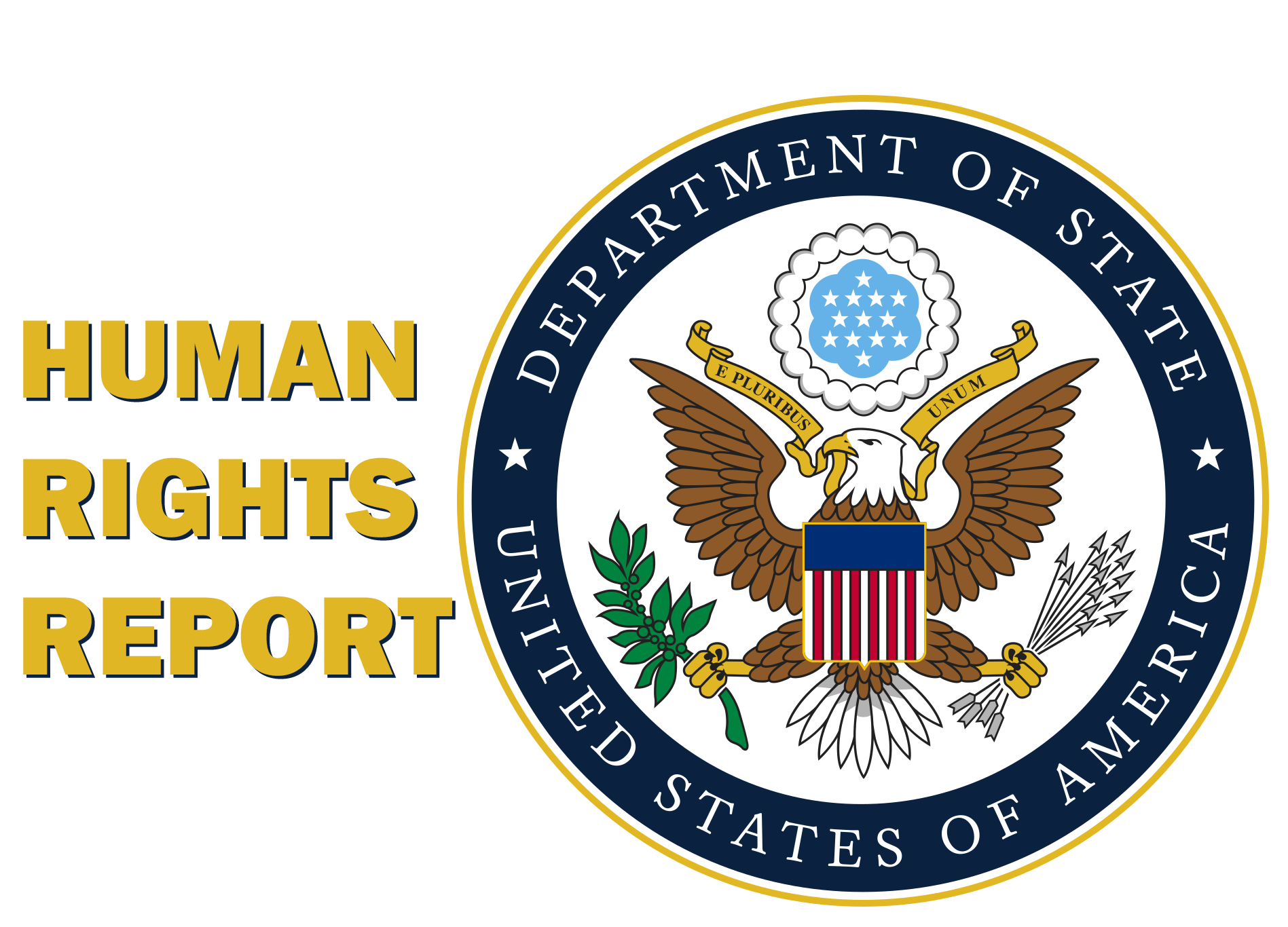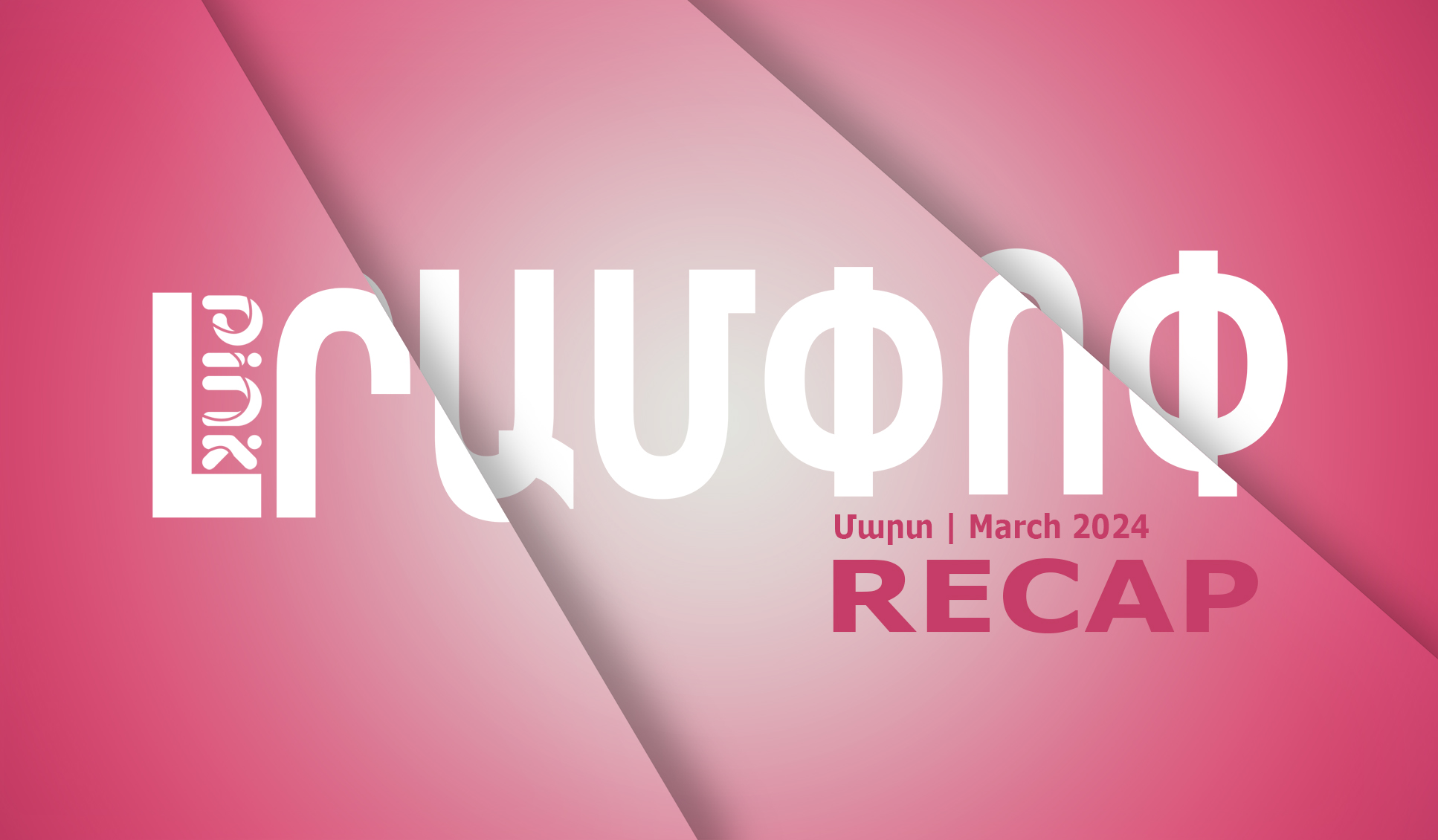US Department of State 2023 report on human rights practices in Armenia

The U.S. Department of State’s Bureau of Democracy, Human Rights, and Labor released its annual Country Reports on Human Rights Practices. Within this comprehensive review, the treatment of LGBT+ individuals in Armenia emerged as a critical area of concern.
The report brought attention to instances of police brutality and failures within law enforcement to adequately address numerous cases where perpetrators called for violence and attempted to “justify” violence against LGBT+ persons on the grounds of the victim’s sexual orientation or gender identity.
There were numerous attacks against transgender women, none of which resulted in conviction, including one incident in August, where a transgender woman was stabbed to death in her apartment in Yerevan. Then during a candlelight event in memory of the victim, a group of attackers threw eggs, bottles, and stones at the attendees, despite a nearby police presence.
In April, as part of an investigation of drug use and drug trafficking, police raided the LGBT+-friendly Poligraf nightclub. According to the club owners, police took approximately 40 staff and attendees into custody and beat and strip-searched some of them. The club posted closed-circuit videos of the raid on social media that showed approximately 20 police officers storming the building and throwing individuals to the floor. A group of NGOs condemned the police’s “illegal activities against the club staff and visitors, in particular, torture, degrading treatment, physical and psychological violence.” The statement noted police did recognize individuals taken to police stations as victims of physical abuse and did not perform forensics examinations for evidence of physical abuse. The case against the club for drug circulation continued at year’s end. There were reports police harassed and mocked those detained for their gender identity. According to official information, a criminal case was launched into the alleged misconduct by police officers during the raid, but as of year’s end, officials had not charged any individual.
Societal discrimination based on sexual orientation and gender identity negatively affected all aspects of life, including prospects for employment, housing, family relations, and access to education and health care. However, still no law prohibits discrimination by state and non-state actors based on sexual orientation, gender identity or expression, or sex characteristics.
The report also addressed the issues of Legal Gender Recognition, the absence of medical or government guidelines or regulations, and difficulties that people face in legally changing their gender marker or starting gender-affirming procedures.
Conversion therapy remained a big issue for LGBT+ individuals. The most common conversion practice was physical violence often by family members, religious rituals, “corrective rape,” and psychiatric therapies. According to human rights organizations, psychologists and specialists in related medical fields publicly promoted conversion practices, shared information on conversion cases, and provided information on sexual orientation and gender identity/expression that contradicted international professional regulations and attitudes toward sexual orientation and gender identity and change efforts.
Overall, the report emphasizes that the state has failed to adequately protect the human rights of LGBT+ people.




